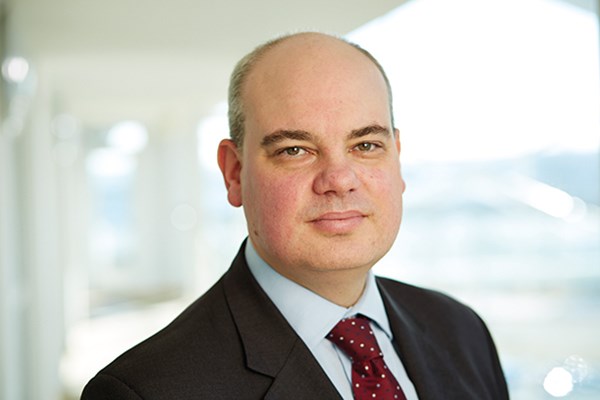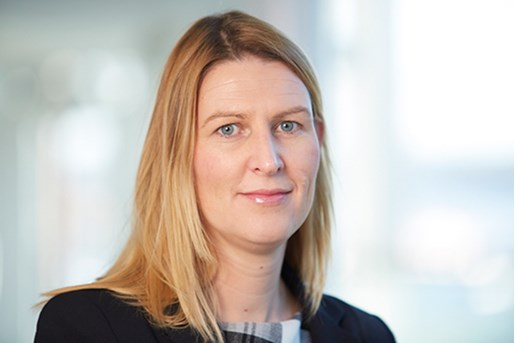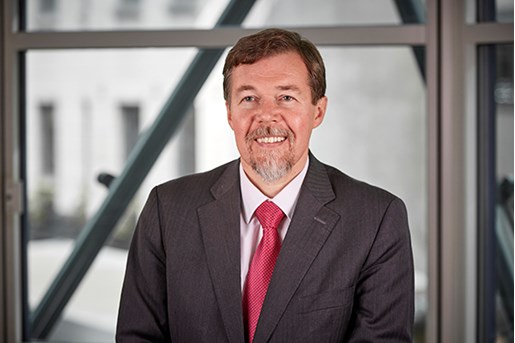Bus Back Better, Boris's bus strategy for England, came out recently. At first glance it seems to give local transport authorities more control over their bus services. But it comes with a catch.
The catch is that if a Local Transport Authority (LTA) wants to continue receiving the COVID-19 Bus Services Support Grant (CBSSG), they have until June to make a major decision. They have to either to commit to set up an Enhanced Partnership with bus operators or start the statutory franchising process by June this year. That's a tricky decision to make at any time. Even trickier when local elections in May might lead to a change of council colour and little time for the cabinet to consider bus policy before the end of June.
Some good news is that franchising is now a real option for all LTAs. Although only Mayoral Combined Authorities (MCAs) have automatic franchising powers, the strategy says "We will support any LTA which wishes to access franchising powers, and which has the capability and intention to use them at pace to deliver improvements for passengers." If you are considering going down the franchising route, we are working with several public bodies on assessments around franchising and ways to make the process simpler and affordable. It doesn't have to be as complicated as you might think.
Here's what needs to happen when:
End June 2021 – LTAs must commit to establishing Enhanced Partnerships or start the franchising process if they want to continue receiving the CBSSG. There will be updated guidance on Enhanced Partnerships and updated guidance on franchising schemes in the coming weeks.
End October 2021 – LTAs must publish a local Bus Service Improvement Plan. This will set out how they will use their Enhanced Partnership or franchising scheme to deliver an ambitious vision for travel by bus, meeting the goals and expectations in the Strategy and driven by what passengers and would-be passengers want in their area. (There is more information on what Bus Service Improvement Plans should contain on pages 41-42 of the Strategy).
April 2022 – Enhanced Partnership to be in place, or LTA must be following the statutory franchising process (it is recommended to do an Enhanced Partnership in the meantime as franchising can take a long time).
From April 2022 - only services operated or measures taken under an Enhanced Partnership or franchising scheme will be eligible for the new funding streams or even for the existing Bus Services Operating Grant (BSOG), subject to consultation (more on this below).
- Bus Service Improvement Plans
The Bus Service Improvement Plan (BSIP) will be the overarching vision for how the LTA will deliver the bus network that they want to see in their area. It will influence the share of the £3 billion transformation funding that each LTA receives. One of the key areas the government expects to see are plans for multi-operator ticketing, which will become multi-modal ticketing over time. Generally bus operators have been resistant to integrated ticketing models, which could make agreeing an Enhanced Partnership harder. The LTAs are also required to set a number of objectives and targets in their BSIP and report every 6 months on whether they are being achieved, so it is not a document that can be written and then put in a drawer – active management will be required which will be an additional cost to the LTAs.
- What if you miss the deadline?
It's not clear what happens if an LTA is not able to agree an Enhanced Partnership with local bus operators by April next year. The Strategy says that the Secretary of State may disapply these rules or the deadline of April 2022 in individual cases, on an exceptional basis, and will also ensure that no operator is disadvantaged through any failure to establish an Enhanced Partnership due to actions beyond their control. But how do you prove this? Will an LTA lose its funding because the operators can't agree? Or more likely, will the Enhanced Partnership end up being watered down just to get it over the line? In which case, this is a waste of a great opportunity to make meaningful improvements to bus services.
Note also this threat: "We will also take into account an LTA’s performance with respect to the policies set out in this strategy when considering funding allocations for wider, non-bus local transport schemes." Best be on best behaviour then.
We think there is a real risk that instead of 'Bus Back Better', the Strategy will 'Make Gap Wider' between the best and worst performing areas. LTAs with experience will access the funding available (and it is there if you know where to look) and gain more improvements; other LTAs may not have the skills or resources to establish good partnerships. An option here is for LTAs or Integrated Transport Authorities (ITAs) to work together and set up an Enhanced Partnership that covers more than one area, sharing skills and resources. We can put you in touch with other ITAs that might be willing to collaborate with you.
- BSOG reforms
There will be a consultation in 2021 on modernising the BSOG and once it has been reformed, the government will work to devolve it to MCAs and other LTAs who request it. The consultation will consider:
- moving the main element of BSOG from fuel consumption to a distance rate which would address the current problem where base BSOG is not paid to electric vehicles (except for a small incentive payment)
- updating the low carbon incentive to better meet environmental objectives. The existing incentive started in 2009 so is based on comparisons to a Euro III bus
- an additional amount for rural bus services
- new incentives for demand responsive transport, which could encourage the delivery of services, and bus use, in rural areas
- ending payments for ‘dead’ mileage between depots and the start or finish of passenger services
- (as mentioned above) making the reformed BSOG available only to LTAs and operators in an Enhanced Partnership, or where franchising is being actively pursued.
There is a suggestion in the Strategy that the use of contactless payment could be a condition of bus registration and BSOG eligibility.
- Funding timetable
The £3 billion for buses in England outside London is not actually new funding. The Prime Minister announced it in February 2020. We now know it will initially be invested in:
- Supporting new and increased services – with at least £300m of funding to support the sector recover from the pandemic in 2021/22.
- Giving LTAs the skills and people they need to deliver this strategy – with £25m of that £300m allocated to local authorities to support partnership and franchising development, including a Bus Centre of Excellence
- Bus priority schemes (ideally 24 hour bus lanes) to speed up journeys – with the first schemes delivered in 2021/22.
- Accelerating the delivery of zero emission buses with £120m in 2021/22.
The bulk of the £3 billion funding will be paid after April 2022 – into the next Spending Review so there's always a risk that it might never materialise.
- Green buses
The Strategy calls for at least 4000 new zero emission buses. Although there is funding towards this, it is up to the bus operators to provide or secure the majority of the investment needed. The LTA's role is to work with energy providers to identify the best energy provision solutions. But if the bus operator rather than the LTA owns the bus depot, the operator will have to pay for the necessary infrastructure upgrades to install electric chargepoints or hydrogen refuelling stations. In this deregulated environment, it is difficult for government or the LTA to offer any financial support for this without falling foul of subsidy control measures. £120 million won't go very far when infrastructure needs upgrading and new shiny green buses need purchasing.
There is a parallel consultation on when to end the sale of new diesel buses. On 30 March the Zero Emission Buses Regional Area (ZEBRA) scheme launched, allowing LTAs to bid for funding to purchase up to 500 zero emission buses. This funding comes out of the £3 billion.
LTAs need to act quickly and get their Bus Service Improvement Plans drawn up to capitalise on the funding that's available, or they risk losing it. There is a real opportunity here for LTAs to pool their resources and work together across wider areas and we can help put you in touch with other LTAs. We can work with LTAs to help you understand the relevant legal guidance and the obligations that come with the BSIPs, as well as the statutory guidance on Enhanced Partnerships and franchising schemes, where we have already been advising several authorities. Please do get in touch with one of us.
The fact that there is an actual bus strategy is positive. It recognises the importance of the humble bus as the main mode of public transport. The strategy indicates that there is expected to be some changes to the guidance on managing the franchise process, although it is not clear how the flaws in the process which make it overly complex and open to challenge will be managed or altered. However, by stimulating engagement with the franchising process, alongside the potential of changes to the process for implementing Enhanced Partnerships, it will bring those issues to the fore and hasten a solution; whilst hopefully bringing improvements to bus services in the short term





